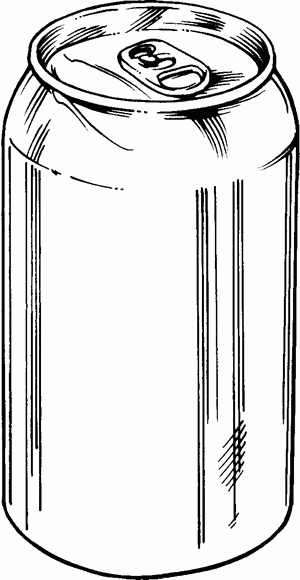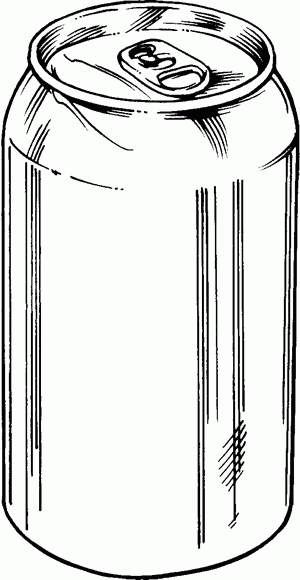What If My Baby Won’t Burp After Feeding
As a parent, one of the common concerns that may arise during feeding time is when your baby won’t burp after eating. This can be a source of worry for many parents, as burping is essential to help release air bubbles that your baby may have swallowed during feeding. In this article, we will delve into the reasons why your baby may not be burping after feeding and what you can do to help alleviate this issue.
Knowledge
There could be several reasons why your baby is not burping after feeding. One common reason is that your baby may not have swallowed enough air to require burping. Babies who are breastfed tend to swallow less air compared to bottle-fed babies due to the way they latch onto the breast. If your baby seems content and does not exhibit any signs of discomfort, it is possible that they have successfully burped during the feeding process without you noticing.
On the other hand, some babies may have difficulty burping due to a variety of factors such as their positioning during feeding, the flow of milk, or the type of bottle or nipple being used. Ensuring that your baby is in an upright position during feeding and gently patting or rubbing their back can help encourage burping. Additionally, using bottles with a slower flow nipple can reduce the amount of air swallowed during feeding.
If your baby continues to have difficulty burping after feeding, it may be helpful to consult with your pediatrician. In some cases, underlying issues such as acid reflux or gastrointestinal problems may be contributing to the inability to burp. Your pediatrician can provide guidance on how to address these issues and ensure that your baby is comfortable during feeding.
Conclusion
In conclusion, if your baby won’t burp after feeding, it is important not to panic. There could be a variety of reasons why your baby is not burping, and in many cases, it is not a cause for concern. By understanding the factors that may be contributing to this issue and making minor adjustments to your feeding routine, you can help alleviate any discomfort your baby may be experiencing.
Ultimately, the key to addressing this issue is to observe your baby’s behavior and respond accordingly. Trust your instincts as a parent and seek guidance from your pediatrician if you have any concerns. Remember that every baby is unique, and what works for one may not work for another. With patience and persistence, you can help ensure that your baby is happy and healthy during feeding time.






